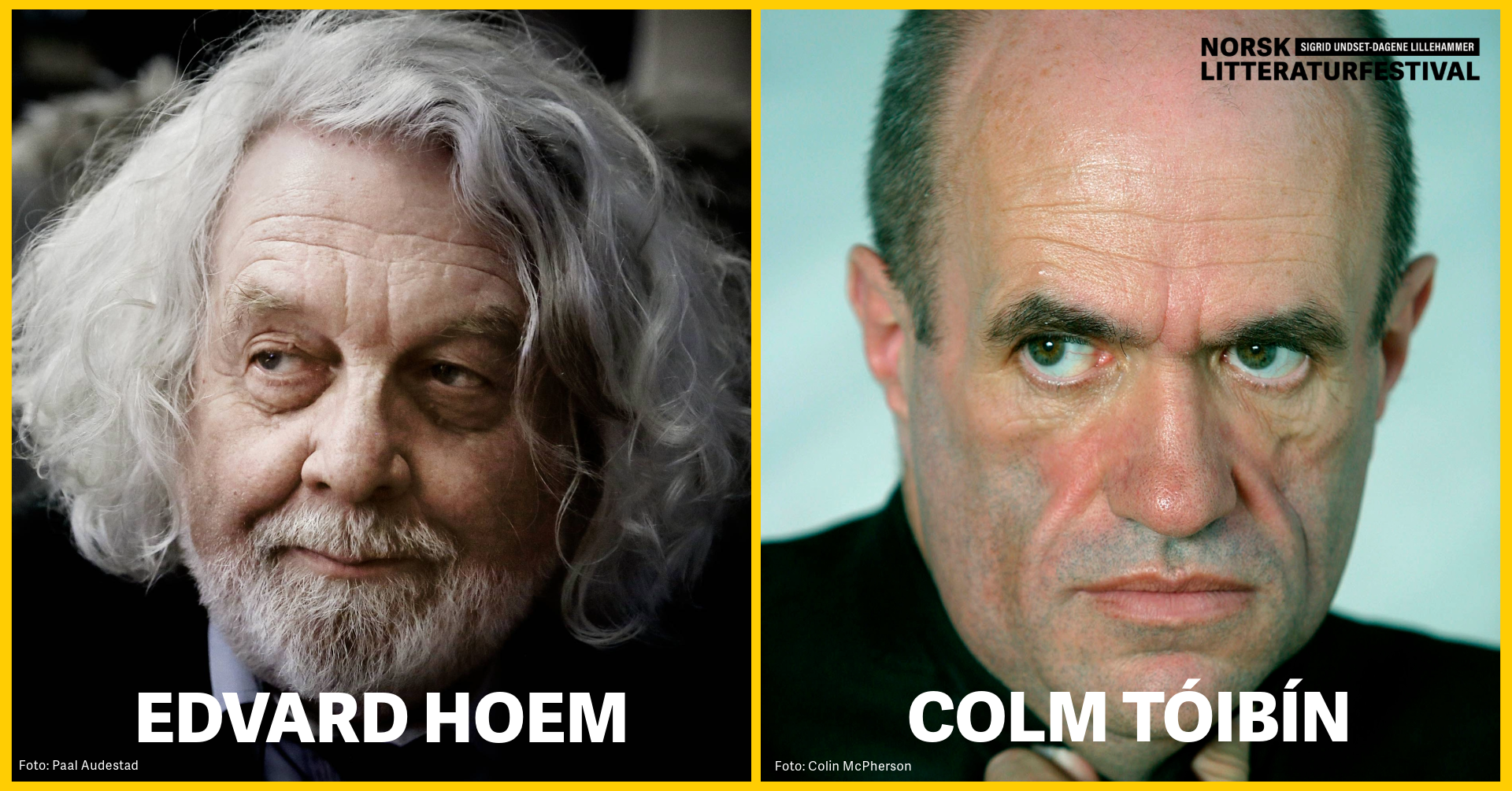
THE DREAM OF AMERICA
Edvard Hoem and Irish author Colm Tóibín have both written works—already hailed as modern classics—about emigration to the United States.
Edvard Hoem’s sweeping, six-part family saga is an emigration epic based on the author’s own genealogical research. With beautiful, precise prose, he paints a vivid portrait of the Norwegian emigrants at the turn of the last century—and the harsh realities they faced in the New World.
Decades later, in the 1950s, a new wave of Irish emigration to the U.S. took place. In the novel Brooklyn—later adapted into a film starring Saoirse Ronan—Colm Tóibín tells the story of young Eilis, who leaves her small hometown of Enniscorthy for New York. But life in America is far from simple, and back in Ireland, she has left behind a man she still has feelings for.
In Tóibín’s latest novel, Long Island, Eilis returns to her hometown and reflects on how her life unfolded. In her, we sense the eternal rootlessness of the emigrant’s soul.
Moderator: Annette Orre
THE DREAM OF AMERICA
Edvard Hoem and Irish author Colm Tóibín have both written works—already hailed as modern classics—about emigration to the United States.
Edvard Hoem’s sweeping, six-part family saga is an emigration epic based on the author’s own genealogical research. With beautiful, precise prose, he paints a vivid portrait of the Norwegian emigrants at the turn of the last century—and the harsh realities they faced in the New World.
Decades later, in the 1950s, a new wave of Irish emigration to the U.S. took place. In the novel Brooklyn—later adapted into a film starring Saoirse Ronan—Colm Tóibín tells the story of young Eilis, who leaves her small hometown of Enniscorthy for New York. But life in America is far from simple, and back in Ireland, she has left behind a man she still has feelings for.
In Tóibín’s latest novel, Long Island, Eilis returns to her hometown and reflects on how her life unfolded. In her, we sense the eternal rootlessness of the emigrant’s soul.
Moderator: Annette Orre
Contributors
